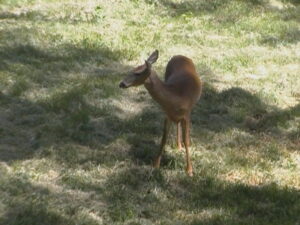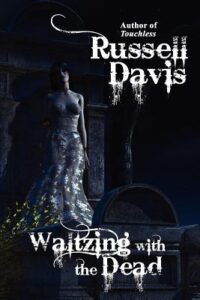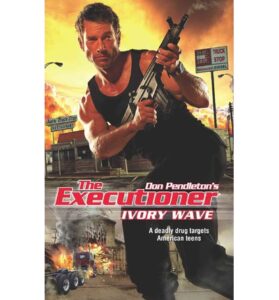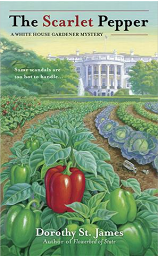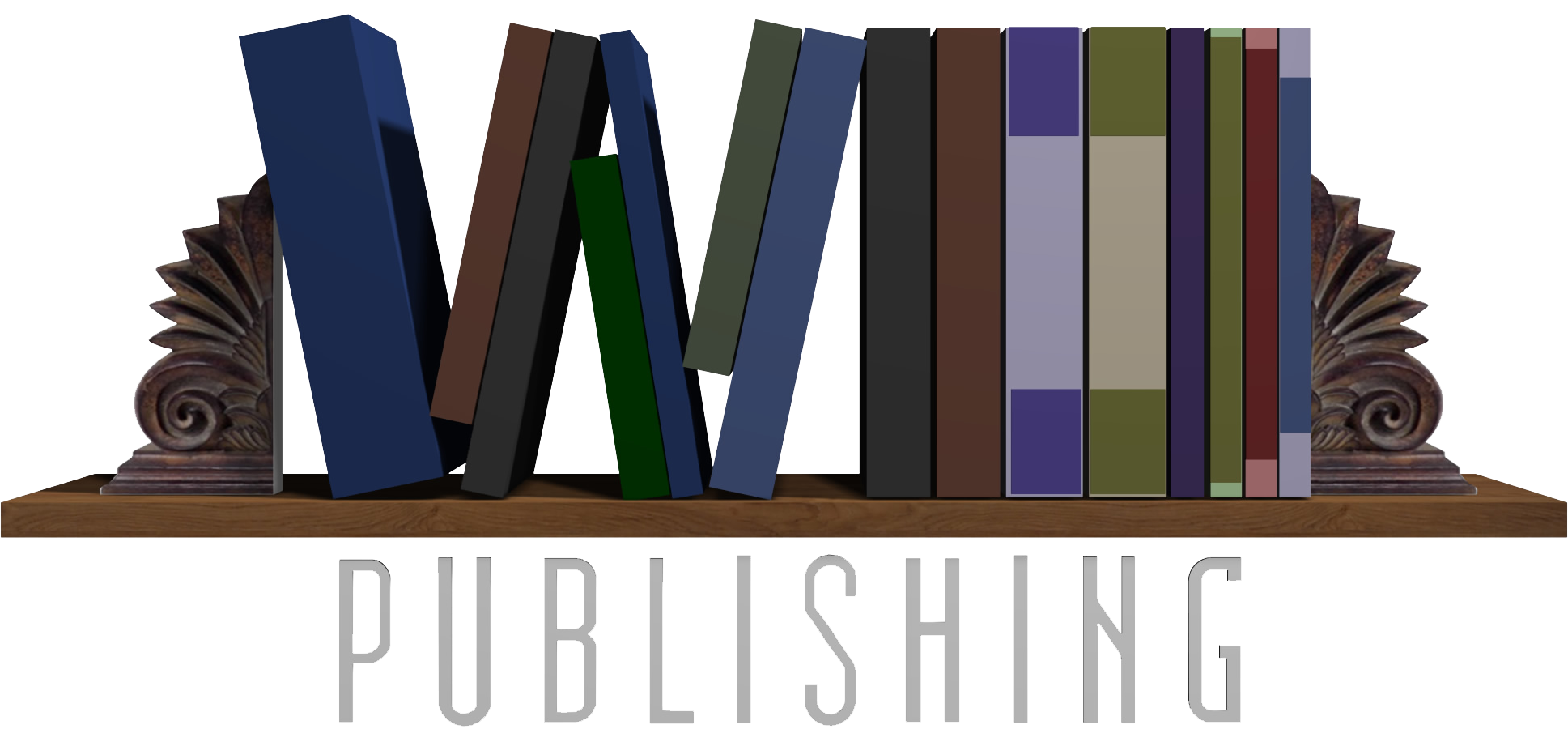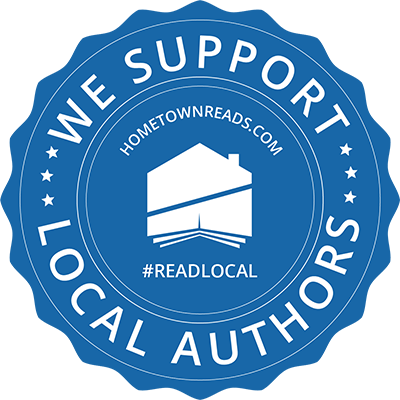We’re excited to have Julie Hyzy as our guest today! I’ve watched Julie grow as an author over the years, and it has been one of the neatest journeys to see. We are so happy for her success! Please help us welcome Julie to The Editing Essentials!
 A relentless snoop since childhood, Julie Hyzy gets to play detective these days by writing amateur sleuth adventures. An Anthony, Barry, Lovey, and Derringer Award winning author, Julie is thrilled to be able to call herself a New York Times Bestseller as well. She writes two series for Berkley Prime Crime: the White House Chef Mysteries and the Manor House Mysteries. She also has several backlist and original titles available as e-books. http://www.juliehyzy.com/
A relentless snoop since childhood, Julie Hyzy gets to play detective these days by writing amateur sleuth adventures. An Anthony, Barry, Lovey, and Derringer Award winning author, Julie is thrilled to be able to call herself a New York Times Bestseller as well. She writes two series for Berkley Prime Crime: the White House Chef Mysteries and the Manor House Mysteries. She also has several backlist and original titles available as e-books. http://www.juliehyzy.com/
WD: How old were you when you began writing?
JH: I wrote my first book at about age six or seven. Right about the time I realized I had the capability of recording the stories I made up in my head. Back then I even drew pictures, too.
WD: Did your family support your writing habit when you started?
JH: My parents were supportive of everything I did. They read (and gently critiqued) all my early novels (Mary King Mysteries) and when I hand printed my weekly eight page neighborhood newspaper, my dad would take it to work to make copies for me to distribute (sell) to indulgent neighbors.
WD: How many rejection letters did you receive before selling your first novel?
JH: Wow. I have no idea. A lot. I queried agents for the most part, and those rejections came in quickly and in bulk. Rejections became the norm, which in a way was good. After a while you get used to them. In fact, I trained myself to embrace rejection. Why? Because getting those “No thank you” notes in the mail (and yeah, this was via snail mail) was proof that I was following my dream. If I wasn’t submitting I couldn’t be amassing all these rejections, right? So they became a good thing.
WD: What was your reaction when you sold your first novel?
JH: Amazement. Disbelief. Joy.
WD: What person in your life–family, mentor, friend–pushed you to continue writing on days when you really didn’t want to?
JH: To be perfectly honest, I’ve never had that day. Even on my worst writing days when the words don’t come, I’ve known that this is what I’ve always wanted to do. I may slow down. I may not get any good words done for a couple of days, but I never stop wanting to do it.
WD: Your relationship with Michael A. Black has led to a collaboration of characters. Could you share how you two decided to put your characters together in Dead Ringer?
JH: Mike and I were critique partners for a very long time. We got to know one another’s styles so well that when we decided to write a short story together, it was easy. After that, just for fun, we decided to end our next respective books (my Deadly Interest, his A Final Judgment) with last chapters that dovetailed. My Alex St. James met up with his Ron Shade at a gas station. That was fun, too. Then we wondered, could we write an entire novel together? It became a challenge. And so we decided to try.
WD: Are there more collaborations planned for Ron and Alex, or for Michael Black and Julie Hyzy?
JH: At this point, Mike and I are super busy with other projects. But I’ve learned to never say never.
WD: What are your current writing habits? (How often do you write? What’s your schedule?)
JH: I try to write every day, Monday through Friday. Things don’t always work out as planned, but that’s my goal. I like to get at least 1,000 words in a day, but this year has been busy and that’s been tough. Right now I’m facing a deadline and if I don’t hit at least 2,000 words a day for the next three weeks, I’ll be sunk. I like to do my email and a little bit of promotional work in the morning and get started on whatever project I’m working on by 11:00. If I can write solidly until 3:00, that’s a fabulous day. Doesn’t always work out that way.
 WD: What made you want to write the Manor House mysteries?
WD: What made you want to write the Manor House mysteries?
JH: I love mansions—the kind you tour on vacation—with rooms that number in the hundreds. Like Downton Abbey … The stories those rooms could tell! Ever since I was a little girl, I wanted to live in such a house. I used to dream up floor plans and design rooms. Now that I’m all grown up I’m doing that for real—but now I also get to invite readers to join in the fun.
WD: Now that you’re a NYT Best-selling author, something many authors can only dream of becoming, what is your next challenge?
JH: My next challenge, honestly, is to always write a better book than the one before. That’s what I always hope to do.
WD: Which of your stories was the most difficult to research?
JH: I’d have to say that the White House Chef Mysteries are pretty difficult to research. Although there’s a lot of information available on the White House, there are details that are nearly impossible to find. While there have been some wonderful White House staffers, and former staffers who have answered my questions, it would really be best if they’d just let me in for a couple of days to wander at will. I promise not to make a mess. You think I have a chance?
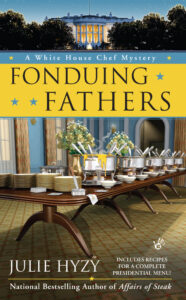 WD: If there was any part of your career you’d like a re-do on, which would it be?
WD: If there was any part of your career you’d like a re-do on, which would it be?
JH: I think I should have started submitting work sooner. I didn’t submit in earnest until 1999. I’d been writing on and off for all my life but had never made writing a priority. Maybe that’s fine. Maybe I wasn’t ready. But I think I could have been. I wouldn’t change any bit of the journey I’ve been on, but it would have been nice if I’d started sooner.
WD: You edited for a while before writing full-time. What did you learn about your own writing by editing someone else’s work?
JH: Actually, I edited while writing full time. Editing another person’s work is always an eye-opening experience. As an editor, I become an objective reader. In that role I believe I’m better able to catch problems, whether they’re word choices, consistency issues, plot holes, or character considerations. When we’re too close to our own work, it’s hard to see these things, but when I stepped back and caught them in others’ works, I was able to bring fresh eyes to my stuff. What a wonderful experience. Truly valuable.
WD: What is the best thing about being a writer, in your opinion?
JH: I have the best job in the world. I spend the day making up stories and bringing characters to life. I can’t imagine anything I’d rather be doing.
WD: What does your family think of your success?
JH: So far, they seem pretty pleased. My husband and kids were even more excited than I was when Fonduing Fathers hit the New York Times Bestseller list. They are incredibly supportive and always helping me, whether it’s setting up a launch party or passing out bookmarks.
WD: What do you have lined up for 2013? Goals? Books? Vacations?
JH: I’m currently working on WHChef #7 and as soon as that’s finished, I’ll start on Grace (Manor House Mysteries) #5. Both of these manuscripts are due this year, with WHChef #7 due in just about six weeks (insert panicked shriek). I’d like to add to my Alex St. James series by releasing a new Indie title for her, and I’d like to continue Riley Drake’s adventures with a sequel to Playing With Matches.
WD: You inspire writers and readers everywhere. What was the most important lesson you’ve learned as an author? What advice would you give to struggling/beginning authors?
JH: Me? Inspire writers and readers? Not sure about that. But I do have advice. First of all, don’t give up. There is so much rejection out there, whether it be from agents, editors, reviewers on Amazon and BN.com, or even friends and family. They say that writers need a thick skin. I don’t have that, and rejection always hurts, but I know that if I wasn’t putting my work out there—exposing it, making it vulnerable to others’ opinions—then I would be writing only for myself. That’s not my dream. My dream is to reach people with my words, whether I’m simply entertaining or – even better – making them think. If to be able to do that I have to risk myself, then so be it. Rarely does success come without rejection. Part of the deal.
The other advice I’d give is to read. Read in your genre. Read outside your genre. Read fiction and non-fiction. Read books by successful writers about how they’ve done it. Read books and blogs by experts in the business. There is so much knowledge out there at our fingertips. Learn, be hungry, be thirsty. Be a sponge.
Oh, and most importantly: Write every day.
Thank you, Julie, for being our guest today! If you have questions or comments for Julie, please feel free to post a comment to the blog. Thank you!

